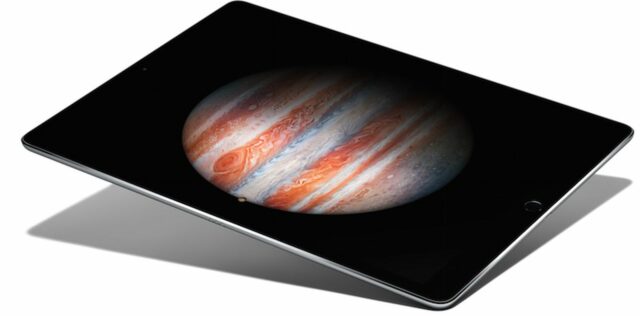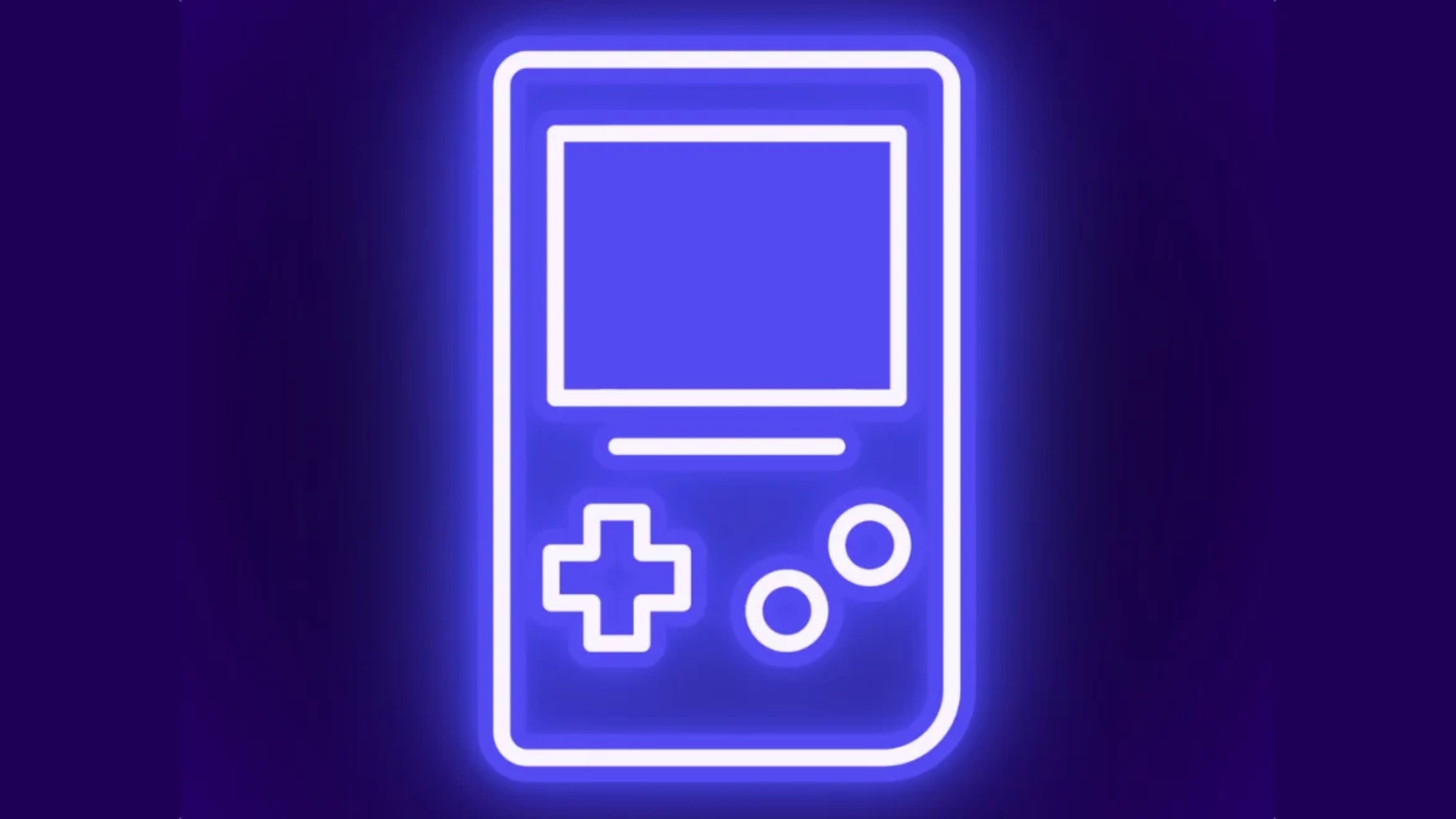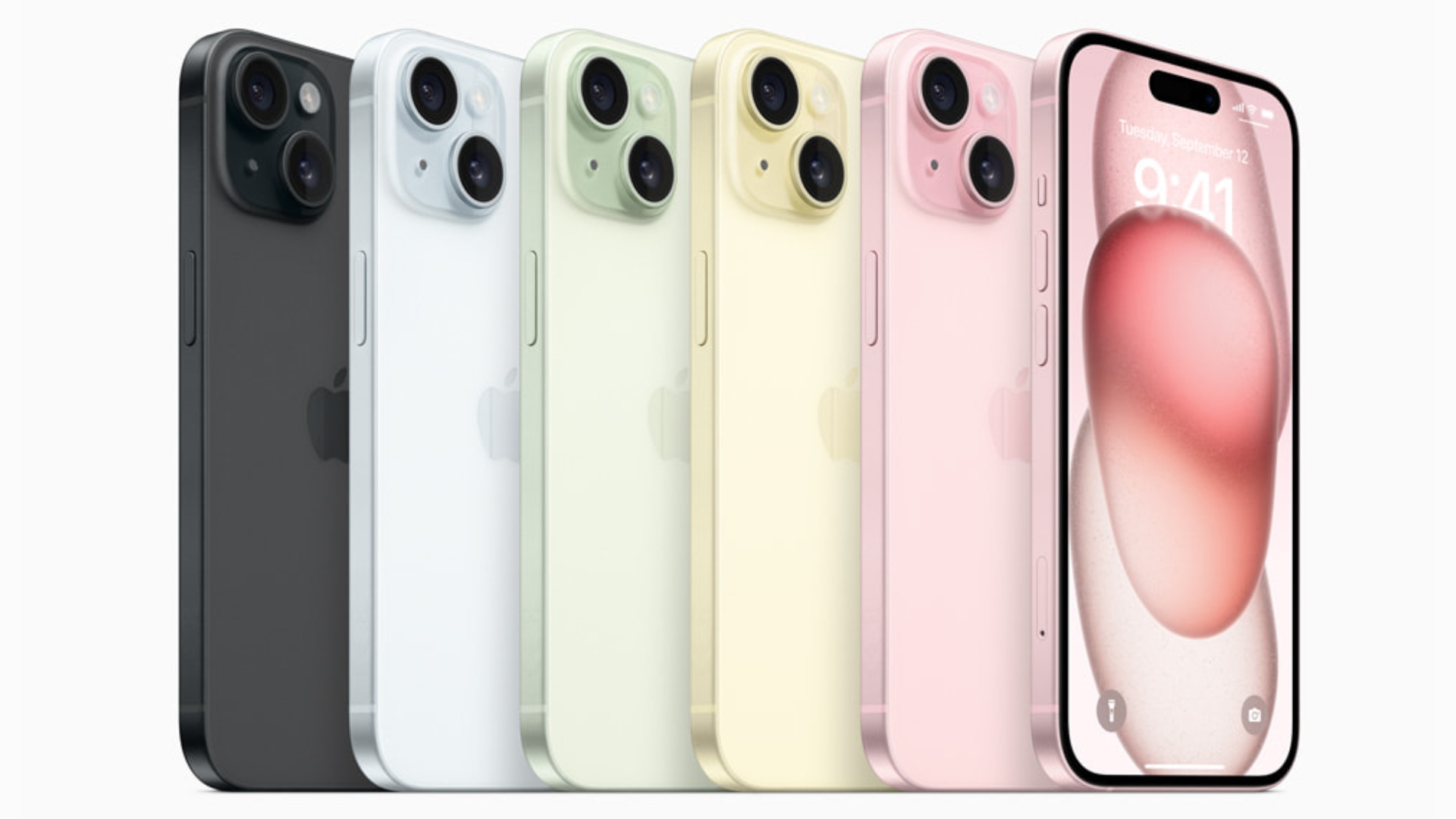
Samsung to Prioritize Development of OLED Display Panels for Apple’s 2024 iPad Pro

Samsung is reportedly prioritizing the development of new OLED display panels for Apple’s 2024 iPad Pro. News of this comes as the company has decided to pivot towards developing a specific display type that Apple intends to utilize in the near future.
According to The Elec, Samsung is prioritizing the development of a half-cut, horizontal deposition method. This display technology is reported to be in development as part of a partnership with Canon Tokki. Samsung previously was focused on the development of a full-cut, vertical deposition method, which the company was developing with Ulvac. However, after over a year of work on the technology, Samsung is said to be delaying further developments.
The report goes on to state that Samsung’s decision to pivot comes as Apple has asked the company two stack tandem OLED panels. The half-cut, horizontal deposition method is an already commercialized method of developing display panels. Apple is said to be working on its 2024 iPad Pro, with the intention of utilizing and integrating an OLED display. The full-cut, vertical deposition method works on the basis of only a single OLED layer and therefore would not be sufficient for Apple’s upcoming tablet.
Samsung is one of Apple’s chief display suppliers. It’s been largely responsible for Apple’s adoption of OLED technology. Looking at contemporary devices, Samsung’s OLED technology can be seen on Apple’s high-end iPhones. However, analyst Ross Young has previously stated that Apple looks to introduce OLED displays to its iPad Pro line by 2024.
Sorry that I was right about the displays not changing on the new iPad Pros…flex…:) 2024 we will see OLEDs on both…
— Ross Young (@DSCCRoss) October 18, 2022
Not much else is known about the upcoming premium tablets from Apple. Although that’s not the only device Apple looks at bringing the preferred display panel to. Young also believes Apple may integrate OLED display tech into its 13-inch MacBook Air. If Young and his sources are correct, all three devices may support ProMotion for up to a 120Hz refresh rate. This would be the first major transition towards the use of OLED panels for both devices.

